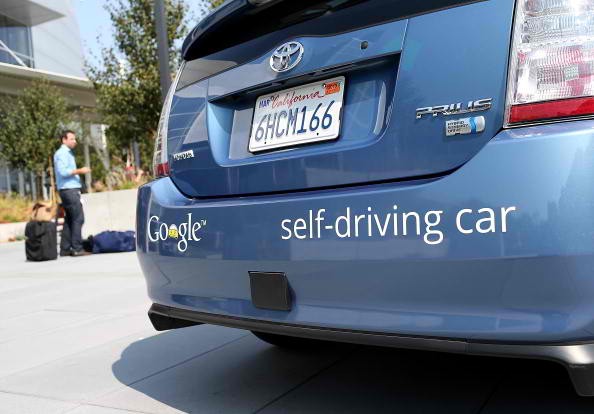The Chonqqing Changan Automobile Co recently stopped the testing of its self-driving car due to government restrictions.
The Chinese car manufacturer was responsible for the 1932 kilometer trek with a self-driving car earlier this year.
Liang Fenghua, head of Changan's intelligent vehicle division, said that the joint venture with Ford Motor Co. intended to create real-world situations for the car by driving it on public streets.
Last week, government regulators were working out an arrangement with the police. However, public testing will be put on hold until the ban is lifted.
Liang said, "Eventually, the tests have to be carried out on real roads in large scale. Simulations are remedial measures we take to reduce the impact as much as possible, but cannot replace real road tests."
Changan, together with Baidu Inc and Zhejiang Geely Holding Group Co., is asking the government to support the initiatives to develop self-driving cars to promote road safety.
Road testing of these high technology cars is crucial to develop their capabilities to navigate through traffic, mastery of road habits and road signs.
Testing of the car through Chongqing to Beijing was followed by Volvo. Other car manufacturers are keen in developing their own technology but are limited due to lack of support from the government.
Steve Man, an auto analyst in Hong Kong, said that there must be a balance of efforts from the private sector and the state.
"If local companies are barred from doing it at all, there's a high risk for them to fall behind. It is of big concern to them," he said.
The Ministry of Industry and Information Technology said that they are in the process of finalizing guidelines to govern the testing of autonomous cars.
Liang said that if these guidelines are released, Changan and other manufacturers will be able to meet their target to developing fully functional self-driving cars by 2020.




























